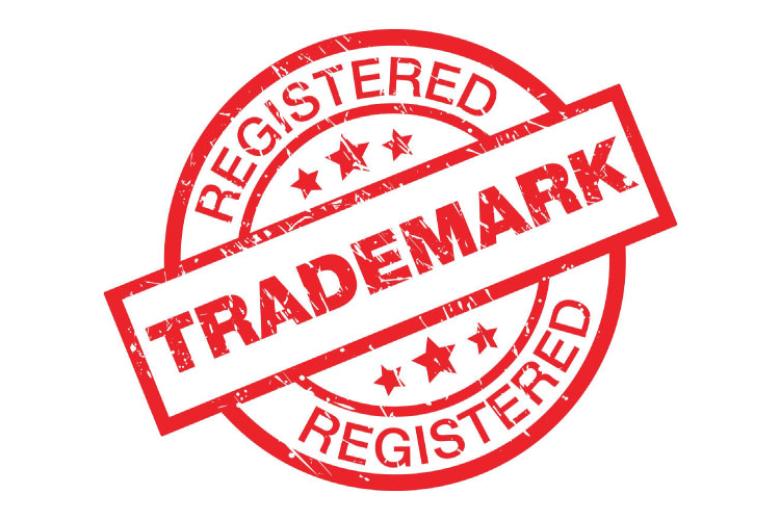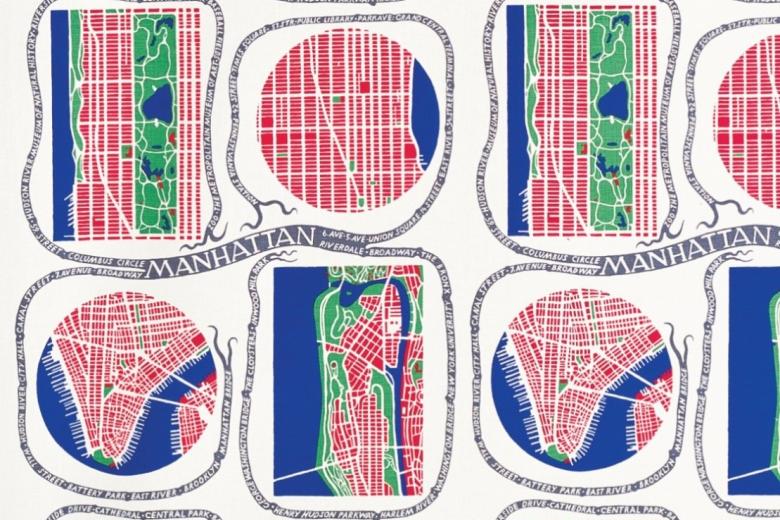Seven months until Appellate Body apocalypse: time to prepare for the worst case
Now is high time to prepare for life without the Appellate Body—hopefully it will only be temporary, argued Maastricht doctoral researcher Jens Hillebrand Pohl at a guest lecture he gave at Nagoya University, Japan, on 23 April 2019.
On 11 December 2019, the Appellate Body of the World Trade Organization (WTO) will be down to one member. This will paralyse the WTO dispute settlement system and leave the entire body of WTO law without an enforcement mechanism. Since the eruption of the Appellate Body crisis in 2017, several proposals for the reform of the dispute settlement system have been tabled, so far to no avail. In the meantime, the options for reform have frittered away. With only seven months to go, the remaining alternatives on the table are ‘face savers’ that may prove inadequate to resolve the crisis.
Background
Since 2017 the United States has consistently refused to consent to the (re-)appointment of Appellate Body members. As their terms of office have expired, the number of judges at the highest international court for the settlement of trade disputes has dwindled from the ordinary number of seven down to four at the end of that year and three at the end of 2018.
On 10 December 2019, the terms of two of the three remaining members will expire. With three judges being the minimum number to hear a case, the Appellate Body will then cease to operate. Because rulings of first instance WTO panels cannot take effect while appeals are pending, panel rulings that are appealed will be stuck in a queue and remain unenforceable for an indefinite period of time. The entire WTO dispute settlement system will then be paralysed.
Reform Proposals
Curiously, the United States has not accompanied its vetoing of Appellate Body appointments by any comprehensive justification or official list of demands. It has been left to other WTO Members to come up with reform proposals in the hope that they will be acceptable to the United States.
In November 2018, two groups of WTO Members, including the EU, China, India, Canada, Korea and Mexico, published proposals on dispute settlement reform. In response, Honduras published in January and February of this year statements on a number of issues that are widely regarded as proxies for the U.S. position.
It is clear that many of the proposals tabled so far require an amendment of the Dispute Settlement Understanding (DSU) which would involve intense multilateral treaty negotiations involving all 164 WTO Members. It is unrealistic to expect such a treaty to be concluded in time to launch appointment procedures sufficiently in advance of 10 December 2019. If this option is pursued one must expect a period during which the Appellate Body will be dormant.
Surely with this in mind, Chinese Taipei (Taiwan), Brazil, Japan and Australia have published moderate proposals which would not require a DSU amendment, but instead could be implemented by an authoritative interpretation or guidelines by the WTO General Council. These proposals would either not have the same scope or the same binding force as the proposed amendments of the DSU. Even though there could still be time to agree on these limited proposals, they are clearly insufficient to address the fundamental criticism of the Appellate Body that is widely attributed to the United States. While they offer an escape route—or chance to save face—the limited proposals nevertheless amount to a climb-down, and it is therefore questionable whether they will be acceptable to the United States.
Life without the Appellate Body
The immediate consequences of a dispute settlement breakdown may not be all that dramatic. The Appellate Body will be able to finalise the appeals pending on 11 December, but no new appeals will be heard. This means that, although panel proceedings may continue and new panel reports may be circulated, a backlog of appealed disputes will begin to build. Today, every third case is not appealed, and this may continue, but the incentive to appeal and thus avoid an adverse panel report entering into force, may prove irresistible.
Disputants might perhaps agree beforehand to not appeal, but the incentives to enter into such agreements and their enforceability are a source of uncertainty. Another alternative is arbitration. The advantages of arbitration have been discussed in an earlier post (maintaining-trust-wto-adjudication-arbitration-‘safety-valve’). An agreement not to appeal can be seen as the simplest possible kind of arbitration. But what both of these solutions have in common is the necessity of an agreement between the disputants, which may prove unrealistic.
This leaves open the real possibility of a complete breakdown of the WTO legal system. However, the probability of such a scenario may be exaggerated. Just because the dispute settlement system would be blocked, it does not follow that the body of substantive WTO law would not remain legally binding. The breakdown of the dispute settlement system would not itself excuse performance.
Rather, the dispute settlement breakdown engages the possibility of a partial suspension of the obligation in Article 23 DSU to seek authorization before retaliation. Could Article 60(2)(b) of the Vienna Convention on the Law of Treaties be invoked in case a WTO Member materially breaches its WTO obligations? This question is complicated, since Article 60(2)(b) is without prejudice to the ‘provision in the treaty applicable in the event of breach’, i.e. Article 23 DSU, which is precisely the provision that would be suspended. It is also debatable whether a WTO Member specially affected by such a breach would be entitled under general principles of state responsibility to invoke a circumstance precluding wrongfulness in order to excuse a suspension which would otherwise be a breach of the DSU.
In any event, provisional suspension or non-performance of Article 23 DSU would arguably be less radical and more readily excused than non-performance of substantive WTO obligations. While the latter certainly would nullify or impair the benefits under the WTO agreements, the former may be the only remaining means to attain the objectives of those agreements. In fact, the prospect of such suspension may be exactly what is needed to entice Members to conclude arbitration agreements or agreements not to appeal.
| More blogs on Law Blogs Maastricht |
-
Protection of reputable marks beyond confusion: does “due cause” help to strike a balance between trade mark proprietors and content creators?
Content creators, exercising their freedom of expression, may use trade marks in their content in a way that might damage the interests of trade mark proprietors (e.g. use of Nike shoes in a porn movie). How does EU trade mark law address these different interests?

-
Computer-Implemented Inventions: has the term “invention” in the EPC lost its meaning?
The European Patent Convention defines subject-matter that is not eligible for patent protection, such as methods for doing business. However, when implemented by a computer, non-eligible subject matter becomes eligible for patent protection. Is this desirable?

-
The ambigous nature of the amended European trademark functionality doctrine
EU trade mark law excludes certain signs from becoming registered trade marks. In particular, shapes cannot be registered if they are necessary for achieving a technical result. In 2015, the amended Regulation broadened this exclusion to ‘another characteristics'. But what is now covered exactly?
